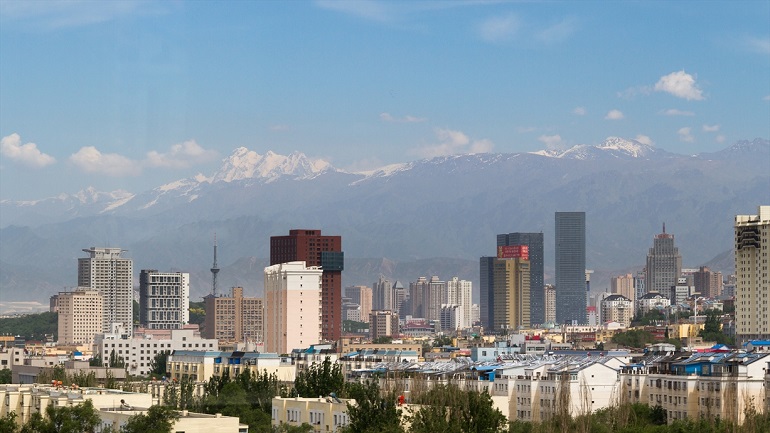
More than 100 Christians have been sent to “re-education” camps in China’s north-western Xinjiang Uyghur Autonomous Region in the past few months, World Watch Monitor has learned.
In these camps, also known as “study centres” or “mind-transformation centres”, they are taught how to be loyal to the communist ideology.
Most of those detained are from the Uyghur ethnic minority group and have a Muslim background. In recent years the Uyghurs they have been the prime targets of the government’s “anti-terror” campaign, aimed at cracking down on both separatist groups and militant Islamists. But those who have converted to Christianity have also been caught up in the crackdown.
A source told World Watch Monitor that members of his church were sent to such a camp without knowing when they would come back. Some stayed there for a month, others for half a year or even longer, the source said. Christian families were torn apart as one or both parents were taken for “re-education”.
One woman, married to a leader of a community with many Christians from a Muslim background, told World Watch Monitor: “I don’t know where my husband is right now, but I believe that God still uses him in prisons or camps. Sometimes I am worried that he doesn’t have enough clothes to keep warm in the prison.”
“I am afraid it will affect my children too,” said another woman whose husband has been taken for re-education and who now supports other women in her situation. “The teacher in the school is paying special attention to my children after the authorities told the school about my husband,” she added.
‘World’s most surveilled area’
Xinjiang is now the world’s most intensely surveilled area, according to a Wall Street Journal report.
“There are armoured cars on the street, police stations on every corner and tons of surveillance cameras,” WSJ reported.
To live in this region means being checked many times every day, whether in the market, on the road, entering the cinema, or travelling by train or bus.
“Even your smartphone is checked,” WSJ reported.
Government-registered churches are also required to scan people when they come to Sunday services. As they enter, they have to show their ID cards and an alarm will be sounded if anyone works for the government or a public institution. It is for this reason that many Christians have stopped going to registered churches and now meet in smaller groups.
“I feel like I live in a big prison,” World Watch Monitor’s source said.
In February last year World Watch Monitor reported that Xinjiang’s authorities had banned all Christian activities not linked to state-approved churches, apparently in an “anti-terror” move.
China is 42nd on the recently released Open Doors 2018 World Watch List, which ranks the 50 countries where it is most difficult to live as a Christian.
Background
There are around 20 million Muslims in China, most of them belonging to the Hui and Uyghur ethnic groups, and nearly 100 million Christians – still a comparatively small fraction of the country’s total population of 1.4 billion.
Among the Christians, only a few thousand are from a Muslim background and the majority of them live in the remote Xinjiang province. For them the price of choosing Christianity is particularly high, as they can experience pressure from the authorities as well as discrimination from their families and communities.